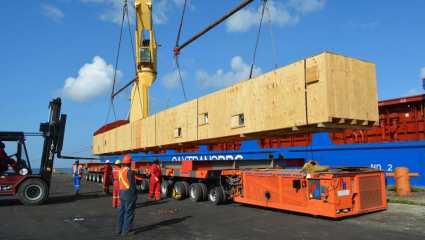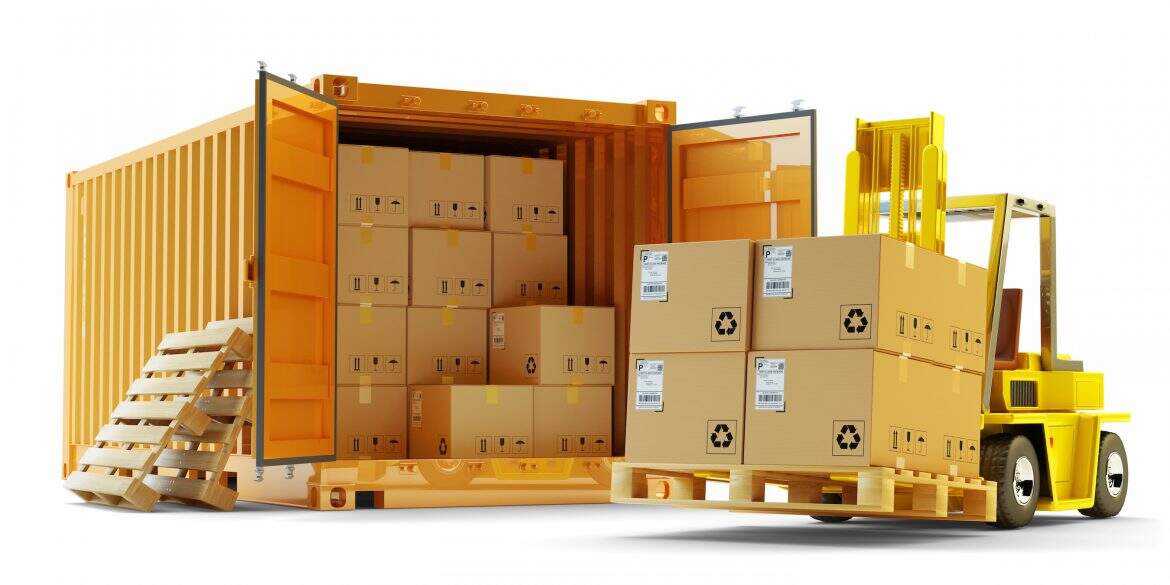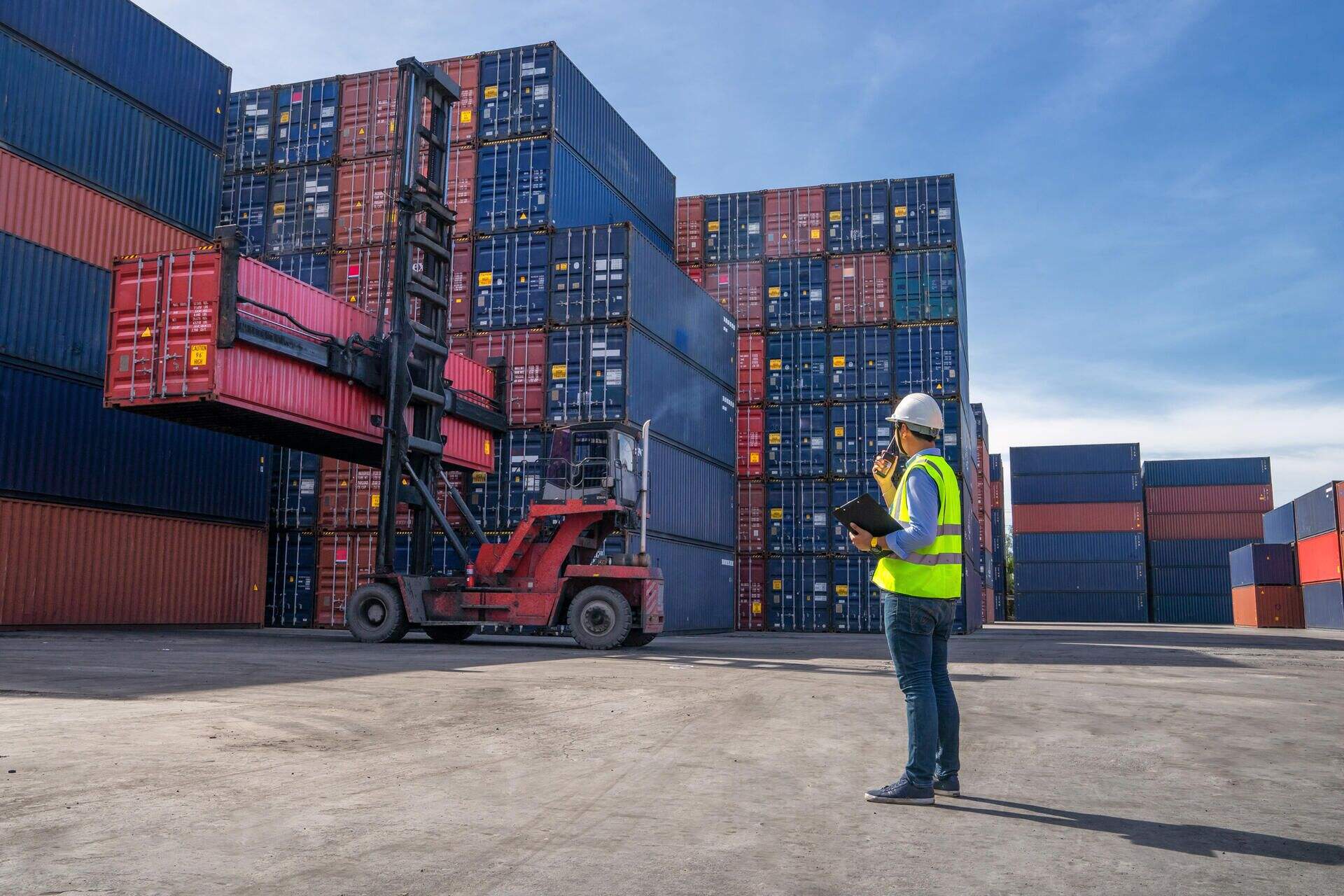sea freight export
Sea freight export represents a cornerstone of international trade, facilitating the global movement of goods across oceans through sophisticated logistics networks. This transportation method utilizes large cargo vessels capable of carrying thousands of containers simultaneously, making it the most cost-effective solution for bulk shipping. Modern sea freight export operations incorporate advanced tracking systems, enabling real-time monitoring of shipments through GPS and satellite technology. The process encompasses various stages, from initial cargo consolidation and container loading to customs clearance and final delivery. Contemporary vessels are equipped with specialized storage facilities, including temperature-controlled containers for perishable goods, hazardous material compartments, and bulk cargo holds. The industry employs cutting-edge port management systems, automated loading equipment, and sophisticated scheduling algorithms to optimize routing and minimize transit times. Environmental considerations have led to the implementation of fuel-efficient technologies and reduced emission systems, aligning with global sustainability goals. This mode of transport serves diverse industries, from automotive and manufacturing to retail and agriculture, offering flexible solutions for varying cargo types and volumes.


